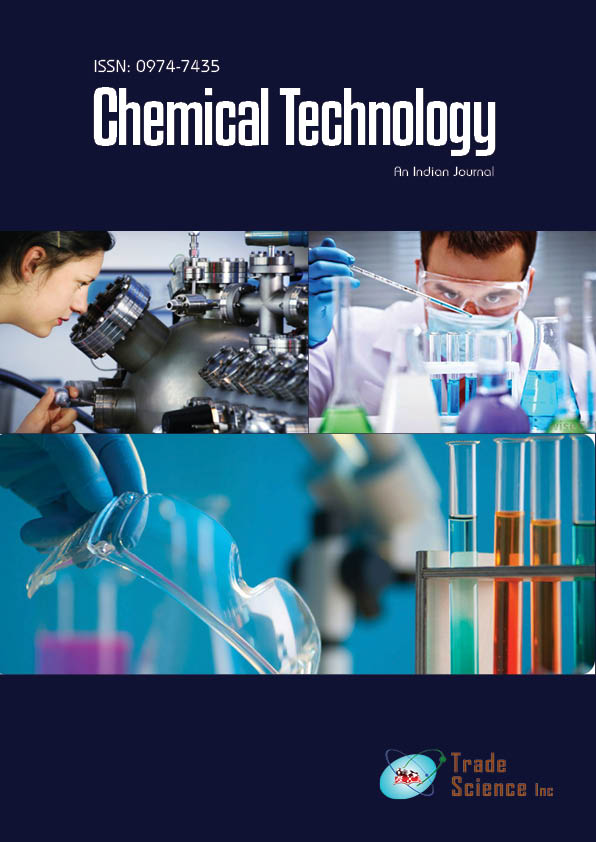抽象的な
Effect of Perchlorate on Seed Germination and Root Elongation of Plant Systems: A Phytotoxic Approach
J. R. Anoop Raj and L. Muruganandam
Perchlorate (ClO4 -) is a soluble anion, which is widely used in rocket fuel, demilitarization of weaponry and various explosive industries. Overuse of this anthropogenic environmental pollutant leads to bioaccumulation in plant systems and creates serious health implications in human by impairing the function of thyroid gland. Present work deals with study the phytotoxicity effect of ClO4 - in various seeds germination and root elongation activity. In vitro studies were carried out against four plant systems (Lycopersicum esculentum, Vigna mungo, Vigna radiate and Zea mays) at ClO4 - of varying initial concentrations ranges from 0 to 100 mg/L. Perchlorate of greater than 50 mg/L was observed to have inhibitory action on Vigna radiate and Lycopersicum esculentum compared to lower concentrations used for the study. Perchlorate of less than 25 mg/L was found to be non toxic against seed germination and plant growth. The phytotoxic effect was more in Z. mays compared to other three seeds analyzed for this study. The ClO4 - compound was qualitatively identified from the spectra of the FTIR absorption in the characteristic band region 1090.55 ± 30 cm-1 and analyzed for all the plant systems. From the present study, it was confirmed that ClO4 - use within the permissible limits, less than 25 mg/L would be safe to plant systems.
